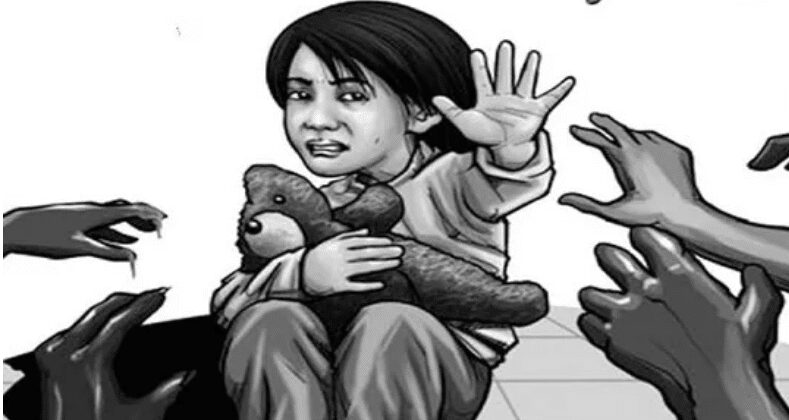Cases Filed under POCSO

According to a report by the Vidhi Centre for Legal Policy on the 10th anniversary of the law, it takes an average of one year and five months to resolve a case filed under the child protection law POCSO, with Uttar Pradesh(UP) having the largest percentage of such cases pending.
On November 14, 2022, the POCSO Act, which stands for the Protection of Children from Sexual Offences, will have been in effect for ten years. The report, a result of the Data Evidence for Justice Reform (DE JURE) program at the World Bank and Vidhi’s Justice, Access and Lowering Delays in India (JALDI) Initiative, examines trends in POCSO cases over the course of a decade and the influence of the courts on its implementation.
Trends of Pendency & Disposal
To investigate pendency and disposal trends, the study examines 230,730 out of the almost 400,000 POCSO cases. The research indicates that while the number of POCSO cases that were still pending increased progressively over time, between 2019 and 2020 there was a sudden surge of 24,863 instances, which could be linked to the COVID-19 pandemic.
According to the research, more than three-fourths (77.77%) of all POCSO cases registered between November 2012 and February 2021 are still pending in UP, the state with the greatest pendency. Four of the five districts with the highest pendency rates—Lucknow, Hardoi, Budaun, and Allahabad—are in UP, and one is in West Bengal (Howrah). Tamil Nadu, with 80.2%, has the highest disposal percentage for this period.
Read More: Report Analyzes POCSO Cases from 486 Districts in India

Convictions & Acquittals
According to the research, instead of the one year allotted by Section 35 of the POCSO Act, it often takes 509.78 days (a year and 5 months) to resolve a POCSO case. The only states where the typical waiting period for convictions is under a year are Chandigarh and West Bengal.
The survey also reveals that courts hear cases that result in convictions more often than cases that result in acquittals in the majority of states. Three people are found not guilty in every POCSO case for every conviction. For each of the states examined in the paper, there are significantly more acquittals than convictions. “For instance, there are five times as many acquittals as convictions in West Bengal and seven times as many in Andhra Pradesh.
With acquittals making up 20.5% of all dispositions and convictions making up 16.49%, Kerala is the only state where this difference is not extremely large. According to the research, the evidence stage—during which both the prosecution and the defense present evidence to the court to support their cases—takes the longest of all the phases, which also include the preliminary hearing, charge framing, evidence, and arguments.

Research, Suggestions & Report
Indian Express notes in their article on this survey that despite the extensive amount of time spent presenting the evidence, just 14.03 percent of trials result in convictions and 43.44% end in acquittals. According to the research, the offenses of penetrative sexual assault (31.18%) and aggravated penetrative sexual assault (25.59%), which carry the worst penalties under the POCSO Act, account for more than 56% of all POCSO instances. The research suggests, among other things, that the consent age be lowered from 18 to 16 while maintaining necessary safeguards.
When granted bail to a person detained on POCSO charges recently, the Delhi High Court stated that the Act’s goal was to prevent sexual abuse of children, not to criminalize young adults’ consensual relationships. Notably, the report calls for “creating mechanisms to enable judges and prosecutors to have the required skill set to deal with the ‘vicarious trauma’ they experience when dealing with cases of heinous sexual offenses committed against children” in order to enable them to carry out their duties without the nature of it negatively affecting their mental health.













